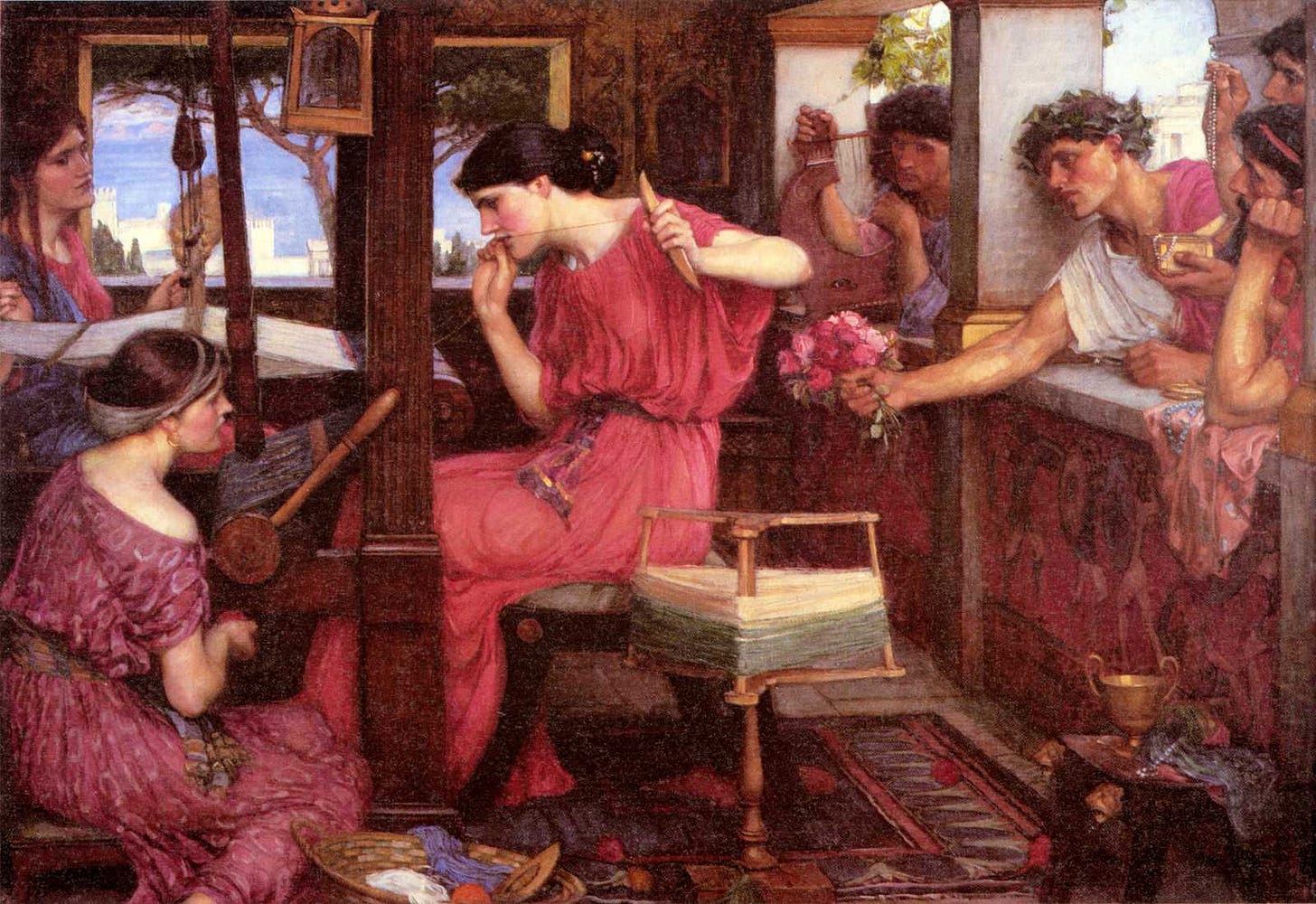In Harvard Ethics Expert Caught Committing Academic Fraud, Igor Chudov tells the tale of Francesca Gino, a professor at the Harvard Business School who stands accused of fabricating the data that she used in several scholarly papers. In doing this, he makes much of the irony at the heart of the scandal. Professor Gino, Dr. Chudov explains, had built both an enviable academic career and a lucrative side hustle on the foundation of her purported expertise in, among other things, the problem of dishonesty in the workplace and the art of encouraging people to do a better job of embracing truth. (For more on Gino’s career, see this piece from the Chronicle of Higher Education.)
Inspired by Chudov’s article, I decided to do a little fact checking of my own. In particular, I went looking for evidence of plagiarism in one of Gino’s books, a work of a popular business advice called Rebel Talent: Why It Pays to Break the Rules at Work and in Life. Within fifteen minutes, I found a remarkable similarity between a passage in Rebel Talent, which first rolled off the presses in 2018, and an article published in 1998.
Here is the earlier piece of writing, which was written by John Dellinger for Military History Magazine.
The French soldiers could see before them the splendid horses of the Mamelukes, prancing magnificently and snorting in the heat of the day. Each rider was armed with a musket, a pair of pistols, several javelins of sharpened palm branch, whatever battle axes, maces and daggers he could attach to himself or his saddle, and a short, curved sword made of black Damascus steel.
Here is the passage from Rebel Talent.
The soldier’s horses pranced and snorted in the heat of the day. Riders were armed with muskets and pistols; javelins made of sharpened palm branches; whatever battle axes, maces and daggers they could attach to themselves or their saddles, and short, curved swords made of black Damascus steel.
Alas, the aforementioned correspondence is but one of the many correlations between the chapter of Rebel Talent that deals with Napoleon in Egypt and the earlier work of Mr. Dellinger. However, in the interest of brevity, I will stop here, leaving further investigation to readers with a taste for such things.






Great sleuthing. Just curious -- since I do not have access to Rebel Talent -- does Gino acknowledge Dellinger at all? How exactly in this context?
Well done. But we can't police these eggheads daily. Proper academy demands an honor system... And that pony pranced away long ago